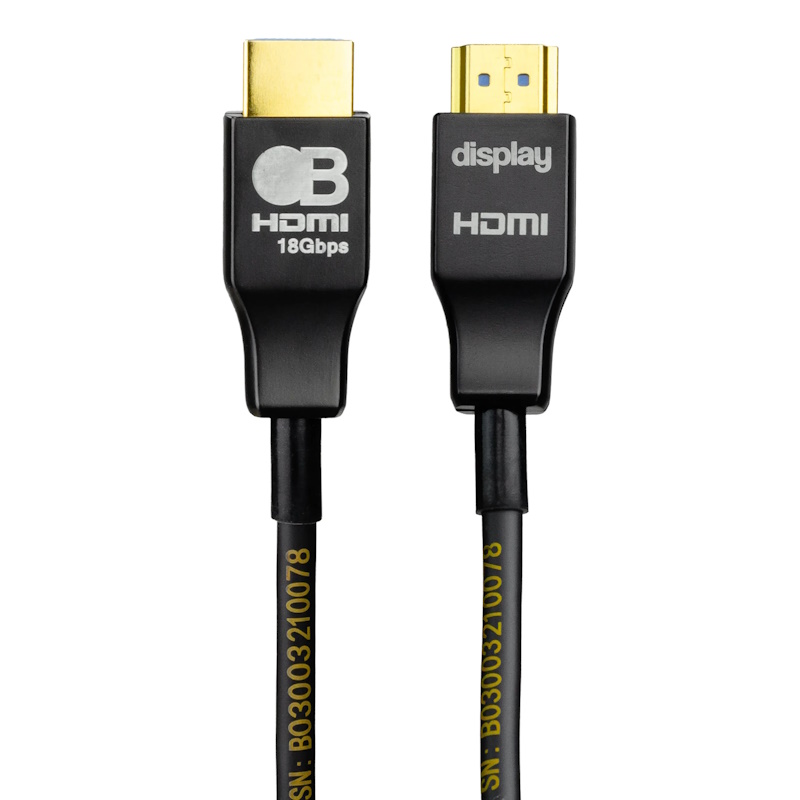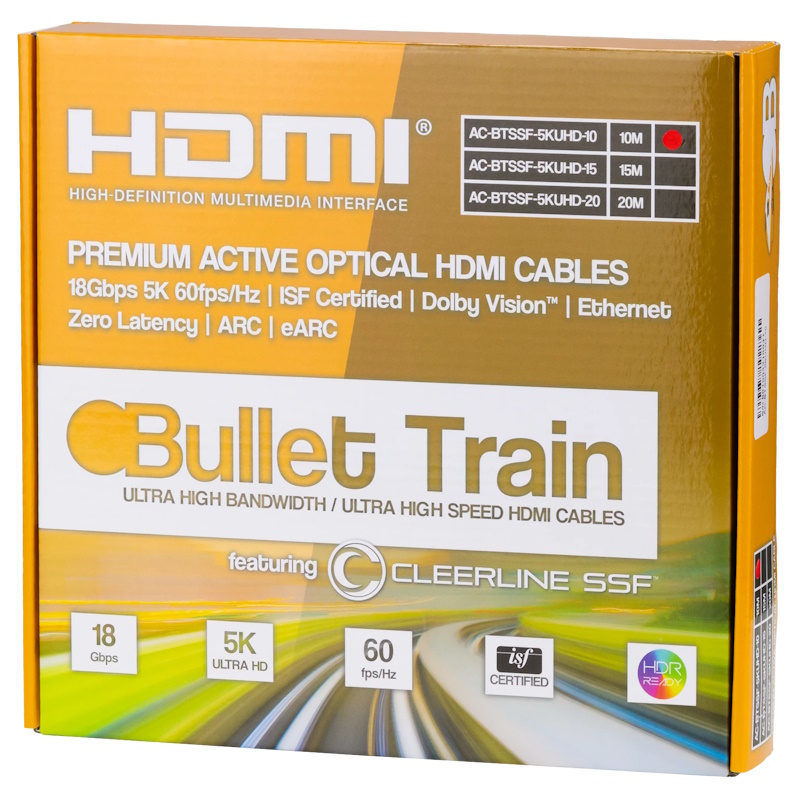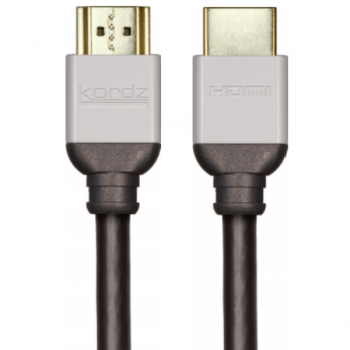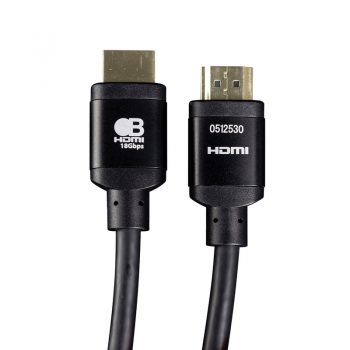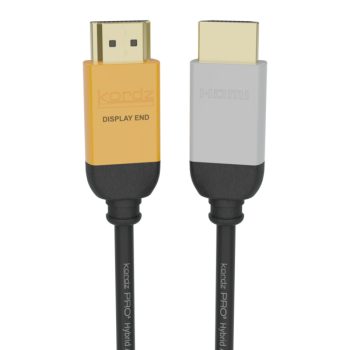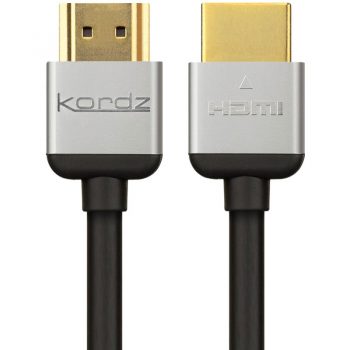Bullet Train 5K/18Gb Active Optical HDMI Cables with Cleerline SSF Fiber
Product Information
Documents
Description
Not all HDMI cables are created equally. Bullet Train has developed HDMI cables built for mission-critical environments where stability is vital. By delivering data over Cleerline SSF fiber optics alongside copper wire, Bullet Train AOC Cables deliver 18Gbps and a high frame rate signal with much lower latency – up to 20% less than a passive copper HDMI cable. These cables are ISF (Imaging Science Foundation) Certified, the name to trust in picture quality and calibration. Bullet Train cables are highly engineered, tried, and tested to be a long-lasting part of any audio/video system, and they are CL2/CL3 in wall certified.
Key Benefits
Cleerline SSF – Unlike the other brittle fiber cables on the market, all Bullet Train AOC Cables have Cleerline Fiber Optics inside. This provides ULTIMATE in strength, bend radius, pull tension and general durability. With Cleerline SSF’s proprietary polymer coated fiber cores these cables will last multiple lifetimes without breakage.
Patent Pending “L2H Optics” – “Low to high” is what we call our proprietary optical modulation method. Many AOC cables may perform well for high frequency/bandwidth applications, but simply fail when the signal bandwidth is too low. This is because most of the commonly available modules on the market are designed for high frequency data centers. HDMI is totally unique in that we need to be able to handle all legacy video formats as well as the cutting-edge ones. This means we need to handle low frequency.
Some poor-quality sources fail to function adequately in distributed systems, whereby the source is traveling through several components. If you have a flawed source, you have to reduce insertion loss – which is ever-present with copper. The only way to combat it is to use a thicker gauge copper cable. Using fiber optics allows you to “fix” problem sources without using longer/thicker cables.
The signal construct is different on fiber optic cables. Fiber does not require equalization to work correctly, meaning that you are not reliant on the TV to be applying the proper length of EQ per HDMI Spec. If you have a copper cable and the TV or Sink is even on EQ stage o¬, you will get problems. Since fiber is not beholden to this problem – you can see better performance.
Input Lag – For gamers or mission-critical environments, these can reduce input lag by 20%.
Interference – Heavy electromagnetic places (like a rack room) can interfere with HDMI or HDBaseT. These cables are not susceptible to EMI. Meaning you are circumventing yet another potential problem.
Bandwidth – Each TMDS line has a dedicated piece of fiber, meaning you have four strands of fiber at 40 Gbps per lane. It’s possible to repurpose these fiber strands for future applications.
Size – Using fiber is the most e¬ective way to make thin cables.
Power – Unlike other AOC cables that use a lot of energy for their fiber transmission, resulting in the need for additional power adapters. These cables use less energy to power the fiber technology. No more supplemental power is required.
Additional information
| Weight | N/A |
|---|---|
| Dimensions | N/A |
| Length | 10.0m / 33ft, 15.0m / 50ft, 20.0m / 66ft, 30.0m / 98ft, 40.0m / 131ft |

